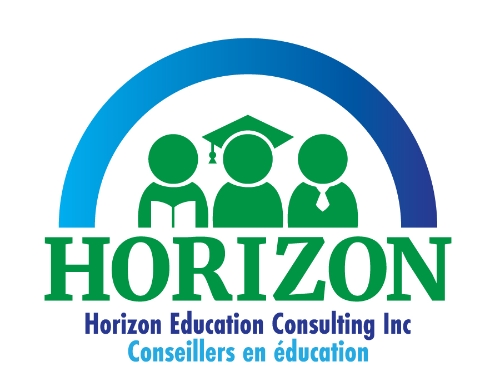There are many mixed messages in the education domain about testing. Good testing, bad testing, useless testing and useful testing. What does it all mean when it comes to your child?
If you’ve already had a child or children move through the education system in Ontario, you may have had experience with provincial testing in grades 3 and 6, grade 9 math testing and the grade 10 Ontario Literacy test necessary to obtain the Ontario Secondary School Diploma (OSSD). The purpose of provincial testing is to align expectations for all schools in Ontario and to ensure that every child is instructed in basic skills necessary for student success. Why does it exist? It is the quality control mechanism of an education system that is highly diverse and which serves over two million students. It helps gauge the Ontario education system with other education systems on an international level. It is one of many tools that informs parents on how their child performs according to the expectations set out in the Ontario curriculum. Finally, it generates data for long term study of various education pieces, to inform and improve teaching practice, which was unavailable in the past.
Is provincial testing standardized testing? Yes and no. Every test has a particular purpose and is constructed to seek a particular result. The term ‘standardized test’ usually refers to tests that have been validated through research and based on criterion referenced norms set through research practice. They involve a study of a sample of students who have been given the test through a ‘standardization’ process to ensure that the tool is achieving the intended outcome and information sought. This is why tests may go through various versions, why questions are adapted, modified, changed, eliminated and rewritten to keep material current in the context of today’s culture, education goals and relevance for students.
Some researchers or individuals may say, that the more objective a test is, the more standardized it can be called; at the same time, the more narrow the scope of the information it reveals. The more subjective a test, the less standardized it is, as results are more open to interpretation (for example paragraph, essay or creative writing). School report cards are considered most subjective because only one individual is assessing a student and evaluations are created by each teacher to evaluate the curriculum expectations. Marking, scoring, grading practices have changed over the years to incorporate more global results when assessing student work. Assessment rubrics (charts) are created with accompanying sample student work to help educators evaluate in a more standardized way, but the outcome is still mostly subjective. In comparison, psychological or psycho-educational testing is highly objective because they seek specific responses from a participant by which results are scored.
So the correct type of test to choose depends on what information you are looking for. If you are looking for intellectual quotient or particular scores in a domain one would choose standardized tests (for example the SAT often used to gain admission for US colleges). Education testing is often required to gain entrance to certain private schools. If you wanted to know how creative your child was you would gather many samples of work and use observations, anecdotal comments from the teacher, behaviour and interest questionnaires to determine this information (what is now referred to as a gifted or talented profile).
What is the difference between a good test and a bad test? Again, it depends on what information is needed. Often the wrong tool is used to obtain a result that is misinterpreted and misused and of no use to planning success for a student. A bad test is one that is either created or used to judge rather than measure, to prove something that is already known, or one that is hastily created without time given to reflect on its purpose; these examples lead to useless tests which are a waste of time, effort and energy for both the student and the evaluator. One of the most challenging elements of the teaching practice is honing the assessment and evaluation skill required for good pedagogical planning.
Classroom learning assessments, educational testing, provincial testing and standardized tests are all useful tests if incorporated into a global approach to planning student success. Many perspectives and results contribute to establishing a student’s learning profile and improving achievement.
If you would like to learn more about standardized testing and the process, opportunities are always available for your child to participate in a research study. Currently, Pearson Assessment is conducting a standardization study for the new version of the Wechsler Intelligence Scale for Children (WISC-V) and participants aged 6 -16 are needed. Each participant receives $50 in compensation for their participation in the three hour session. Appointments can be booked directly through Horizon Education Consulting. Please contact us for further information and consent forms if interested.


